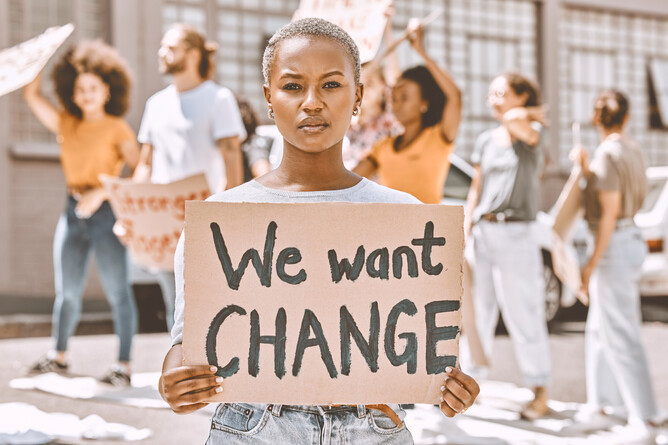Anger and intimidation appear increasingly prevalent in societies globally, permeating daily interactions, social media exchanges, and public discourse. This rise in collective frustration and hostility reflects deeper societal tensions rooted in economic uncertainty, social isolation, political polarization, and rapid technological change. Understanding these triggers can help illuminate why anger has intensified and inform strategies for mitigation, particularly in New Zealand.
Globally, economic instability and inequality significantly fuel anger. As costs rise and financial security diminishes, stress escalates, generating frustration that can quickly turn into anger. Technological shifts, while connecting us digitally, ironically exacerbate isolation and foster anonymous aggression online. Social media platforms amplify conflict by prioritising provocative content that sparks outrage, thus creating echo chambers that reinforce polarised viewpoints. Combined with divisive political rhetoric, sensationalist media coverage, and misinformation, this environment becomes fertile ground for anger and intimidation to flourish and spread rapidly.
Examining gender differences, research indicates men are more likely to exhibit externalized anger, often through overt aggression or hostility, whereas women commonly internalize anger, experiencing it as stress, anxiety, or depression. Societal expectations often pressure men to suppress vulnerabilities, potentially intensifying aggressive responses. This suppression can result in higher instances of violent behavior, substance abuse, or mental health crises. Conversely, women may face societal discouragement from openly expressing anger, leading to increased mental health struggles such as anxiety disorders, depression, and chronic stress-related illnesses.
For New Zealanders, a traditionally laid-back and community-focused culture is increasingly challenged by this global rise in anger. The impacts are visible through increased domestic violence statistics, heightened workplace stress, online hostility, and a rising sense of division in communities traditionally marked by cooperation and mutual support. Anger and intimidation undermine community cohesion, disrupts family structures, negatively affects mental health, and challenges our core social values—respect, tolerance, and understanding.
Addressing this growing anger requires multifaceted solutions. First, promoting economic stability and addressing inequality through robust social policies can alleviate financial pressures driving anger. Educational initiatives fostering emotional intelligence, resilience, empathy, and conflict resolution skills from early childhood can equip individuals to manage anger constructively and foster healthier emotional expressions. Furthermore, initiatives specifically targeting men's mental health, openly discussing emotional vulnerability, and promoting positive masculine identities are crucial for reducing aggressive behaviours and fostering healthier coping mechanisms.
Creating digital platforms that encourage empathy, respect, and constructive dialogue rather than divisive discourse can positively reshape online interactions. Policies and algorithms designed to diminish aggressive content and reward positive interactions could transform digital landscapes. Strengthening community engagement through local events, support networks, and community-based programs can also rebuild social connections, reducing isolation and fostering belonging and mutual support.
Moreover, mental health services and resources must become more accessible, affordable, and destigmatised. Increasing public funding and support for mental health initiatives ensures that individuals experiencing anger and frustration have ready access to counselling, therapy, and other professional interventions. Community-led mental health initiatives, peer support programs, and public awareness campaigns about the importance of mental wellbeing can significantly reduce the stigma associated with seeking help.
Additionally, mental health education should be integrated into school curricula, workplaces, and community programs, emphasising emotional literacy, coping strategies, and resilience-building. Targeted interventions addressing the mental health challenges specific to young people, particularly adolescents and young adults, can prevent anger and related behavioural issues from escalating into lifelong struggles. Training frontline workers, educators, and community leaders in mental health first aid can further ensure timely recognition and intervention for those at risk.
Local government and community leaders should actively promote inclusive public dialogue and forums to openly address societal tensions and grievances. Encouraging inclusive participation in decision-making processes empowers individuals, reduces feelings of marginalisation, and fosters a greater sense of shared responsibility and mutual respect. Ultimately, a sustained commitment to compassion, empathy, proactive community engagement, and comprehensive mental health support will be critical to reducing societal anger and building a more harmonious and resilient New Zealand society.
Levin Family Health does not tolerate blatant anger and intimidation, and neither should anyone else, we have seen and experienced the consequences of how anger and intimidation has increased in our society and fully appreciate the tolerance and patience that is needed to manage these phenomena.





